
Postdoctoral Appointee
Argonne National Laboratory

I am a Post Doctoral Research Associate in the Advanced Leadership Computing Facility (ALCF) at Argonne National Laboratory. My current research work is on Deep Learning methods such as reinforcement learning, active learning and generative models for autonomous design of material’s atomic structure with desired physical and mechanical properties. To this end, some of my current projects includes predictive synthesis and design of quantum materials using reinforcement learning, graph-neural network based potential energy function for simulation of material’s dynamics and active learning assisted accelerated search of best thermoelectric 2D materials. Beside this, my research interest also includes meta-learning and current challenges in these models such as problems related to task-memorization in few-shot learning.
I received my Ph.D. in Computational Material Science and MS in Computer Science with Data Science specialization from University of Southern California (USC) under the guidance of Prof. Priya Vashishta, Prof. Aiichiro Nakano and Prof. Rajiv Kalia. During my Ph.D, the focus of dissertation topic was on force field development for materials simulation, large scale reactive molecular dynamics simulation of materials consisting of billions of atoms and development of machine learning models for the analysis of these large scale simulation data, where some of these simulations are performed at blue gene/Q supercomputer at Argonne National Laboratory.
Research Interest: Deep Generative Models, Meta-Learning, Reinforcement Learning, Graph Neural Network, Active Learning, High Performance Computing, Force Field Development and Large Scale Molecular Dynamics Simulation.
| Mar 2021 | Will be giving invited talk on Multi-Task Reinforcement Learning for Autonomous Material Design at APS March Meeting 2021. |
| Nov 2020 | Our paper Quantum Material Synthesis by Reinforcement Learning got accepted for poster presentation at NeurIPS workshop, Machine Learning and the Physical Sciences. |
| Nov 2020 | Our paper Denoising Autoencoders for High-Qubit Quantum Dynamics Simulations on Quantum Computers got accepted for poster presentation at NeurIPS workshop NeurIPS workshop, Machine Learning and the Physical Sciences. |
| May 2020 | Presented at SCADL workshop at IPDPS conference on Neural Network Molecular Dynamics at Scale. |
| Sep 2019 | Gave invited talk on "Generative and Reinforcement Learning for Interfaces and Metamaterial Design" at CINT Annual Meeting organised by ointly operated by Los Alamos and Sandia National Laboratorie. |
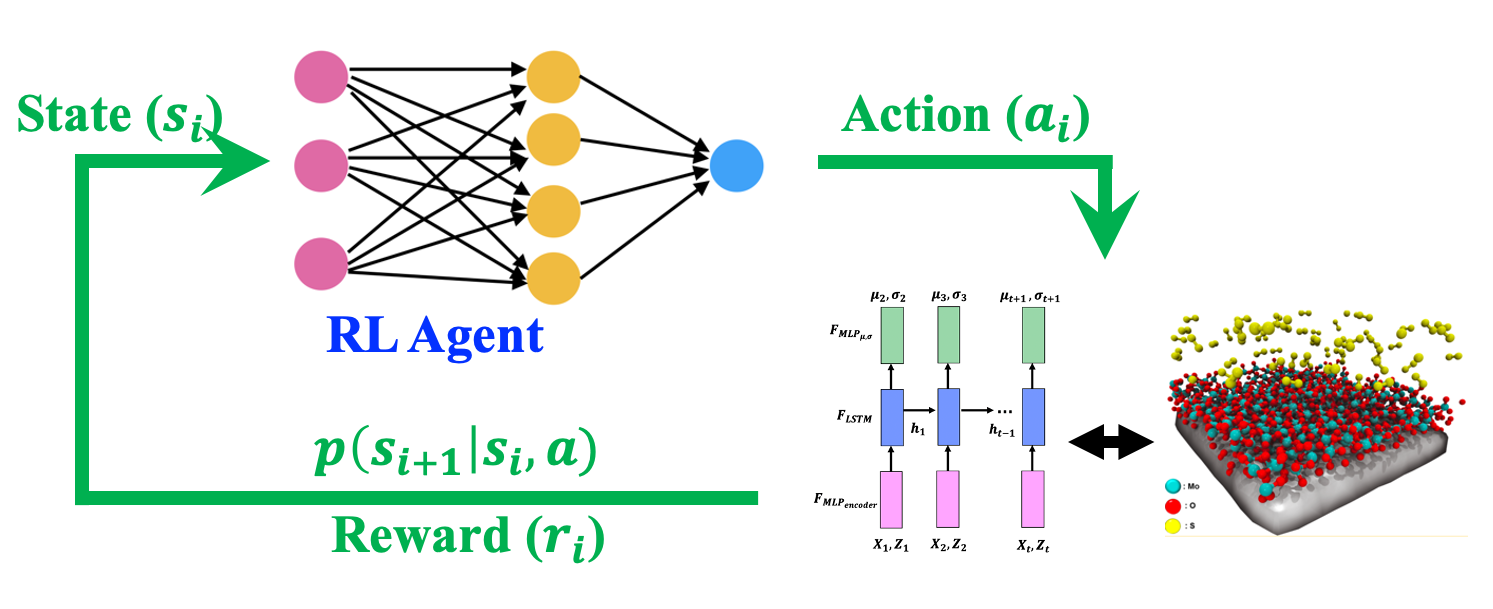
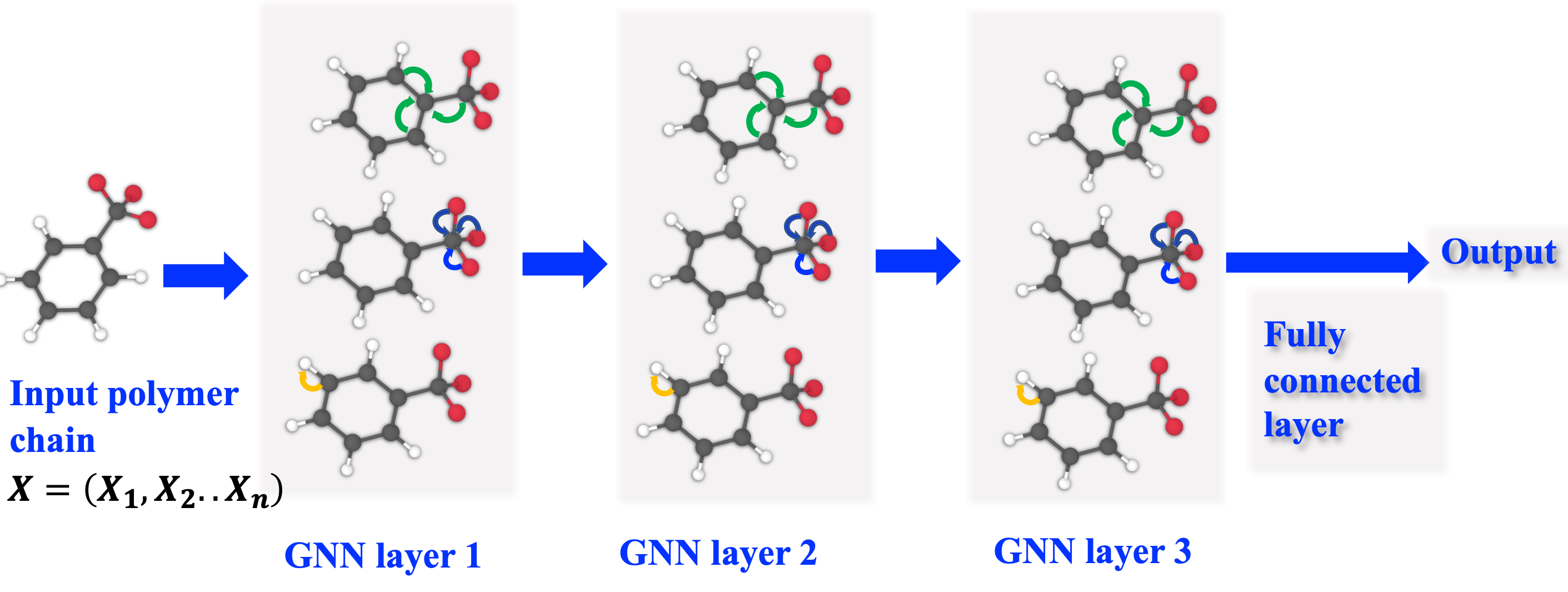


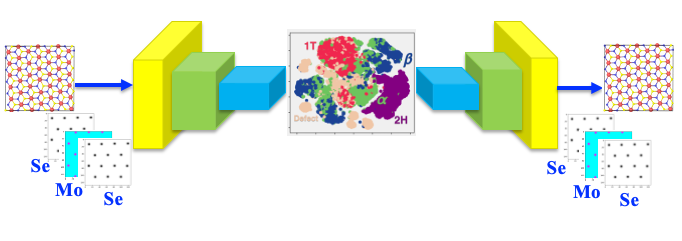
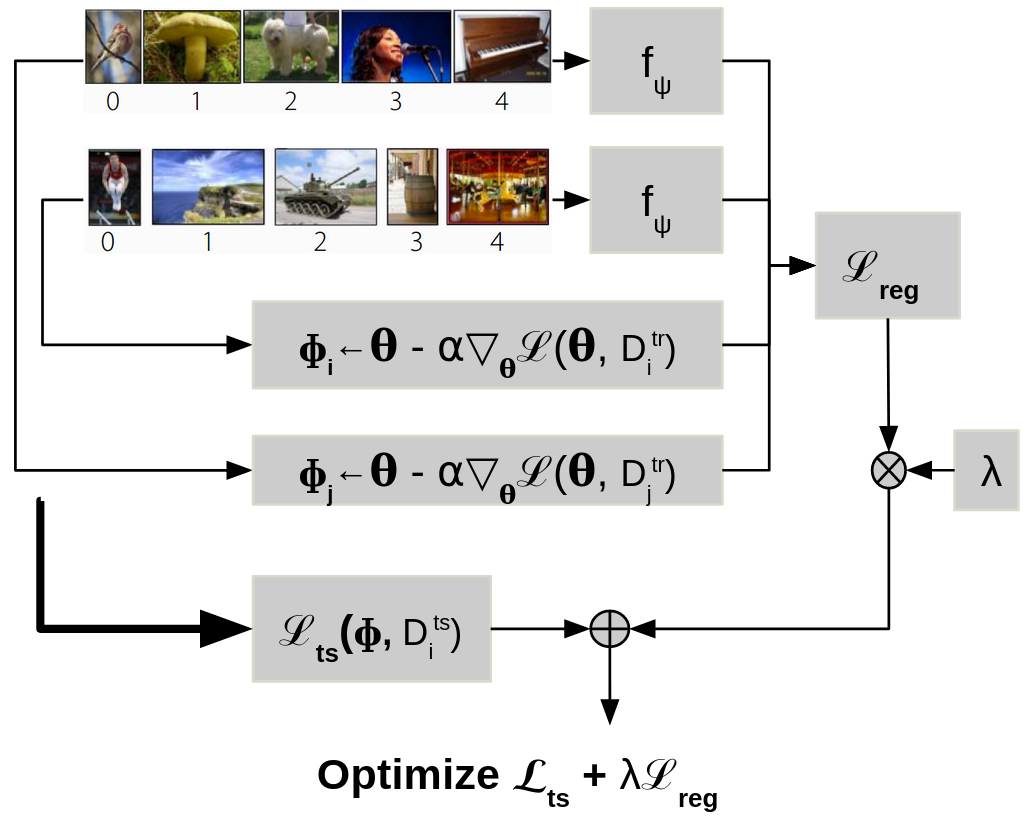
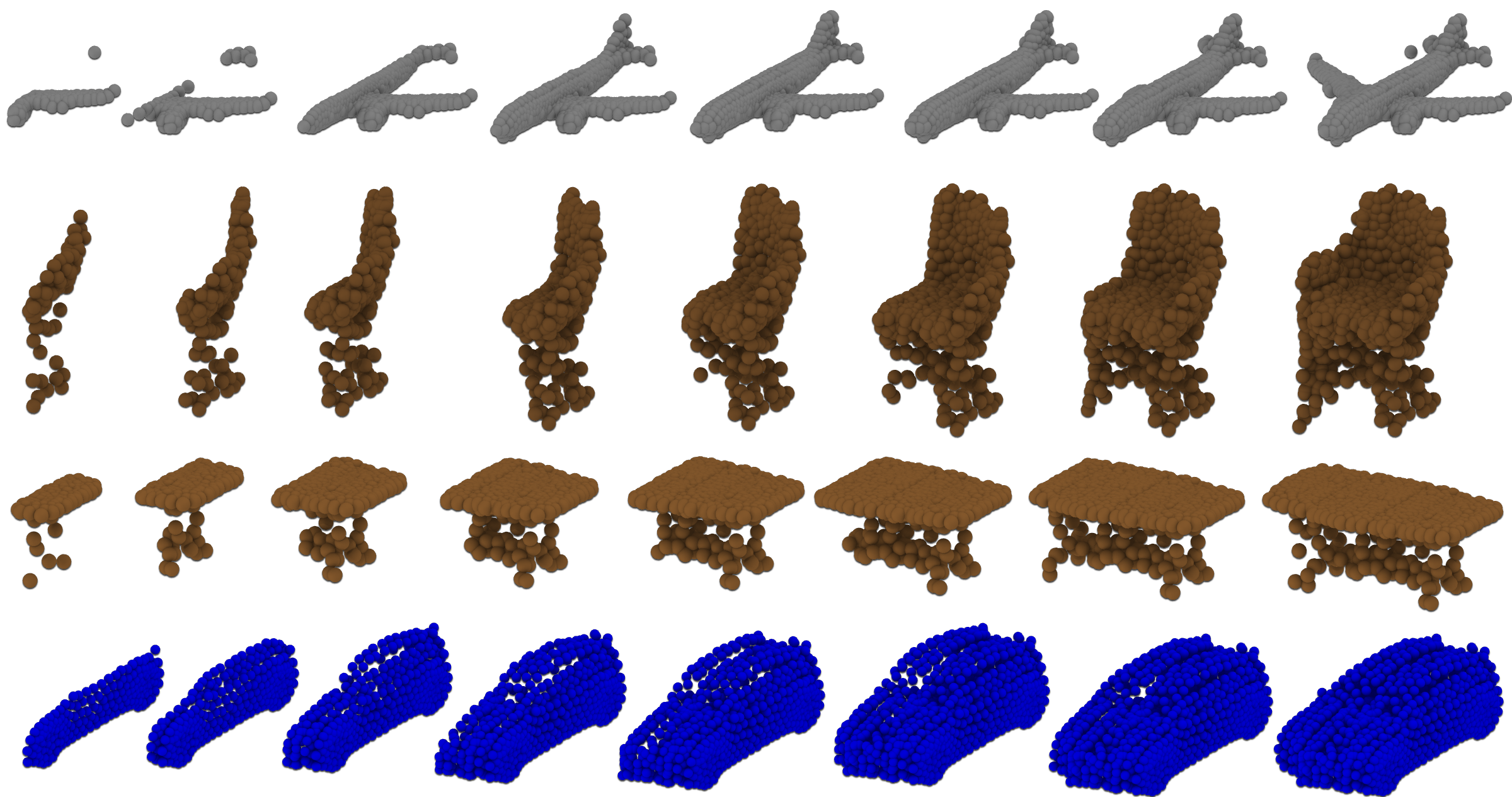
P. Rajak, A. Krishnamoorthy, A. Mishra, R. K. Kalia, A. Nakano and P. Vashishta, under review Preprint
P. Rajak, K. Liu, A. Krishnamoorthy, R. K. Kalia, A. Nakano, K. Nomura, S. C. Tiwari and P. Vashishta International Parallel and Distributed Processing Symposium Workshops, 2020 Conference Paper
P. Rajak, A. Krishnamoorthy, R. K. Kalia, A. Nakano and P. Vashishta, Phys. Rev. B 100, 014108: 1-7 (2019) Paper
S. Hong, K. Nomura, A. Krishnamoorthy, P. Rajak, C. Sheng, R. K. Kalia, A. Nakano and P. Vashishta, J. Phys. Chem. Lett. 10, 2739- 2744 (2019) Paper
P. Rajak, R. K. Kalia, A. Nakano and P. Vashishta, MRS Adv. 4, 1109-1117 (2019) Conference Paper
K. Liu, K. Nomura, R. K. Kalia, A. Nakano, P. Vashishta and P. Rajak, Proceedings of the High Performance Computing Symposium, (2019) Conference Paper
L. Bassman*, P. Rajak*, R. K. Kalia, A. Nakano, F. Sha, J. Sun, D. J. Singh, M. Aykol, P. Huck, K. Persson and P. Vashishta, npj Comput. Mater. 4, 74: 1-9 (2018), *equal contribution Paper
A. Mishra, S. Hong, P. Rajak, C. Sheng, K. Nomura, R. K. Kalia, A. Nakano and P. Vashishta, npj Comput. Mater. 4, 42: 1-7 (2018) Paper
A Apte*, V Kochat*, P Rajak*, A Krishnamoorthy, P Manimunda, J Hachtel, J. C. Idrobo, A. Nakano, R. K. Kalia, P Vashishta, C. S. Tiwary, and P. M. Ajayan, ACS Nano 12, 3468-3476 (2018), *equal contribution Paper
P. Rajak, R. K. Kalia, A. Nakano and P. Vashishta, ACS Nano 12, 9005-9010 (2018) Paper
P. Rajak, A. Mishra, C. Sheng, S. Tiwari, A. Krishnamoorthy, R. K. Kalia, A. Nakano and P. Vashishta. Appl. Phys. Lett. 111, 213701: 1-5 (2017) Paper